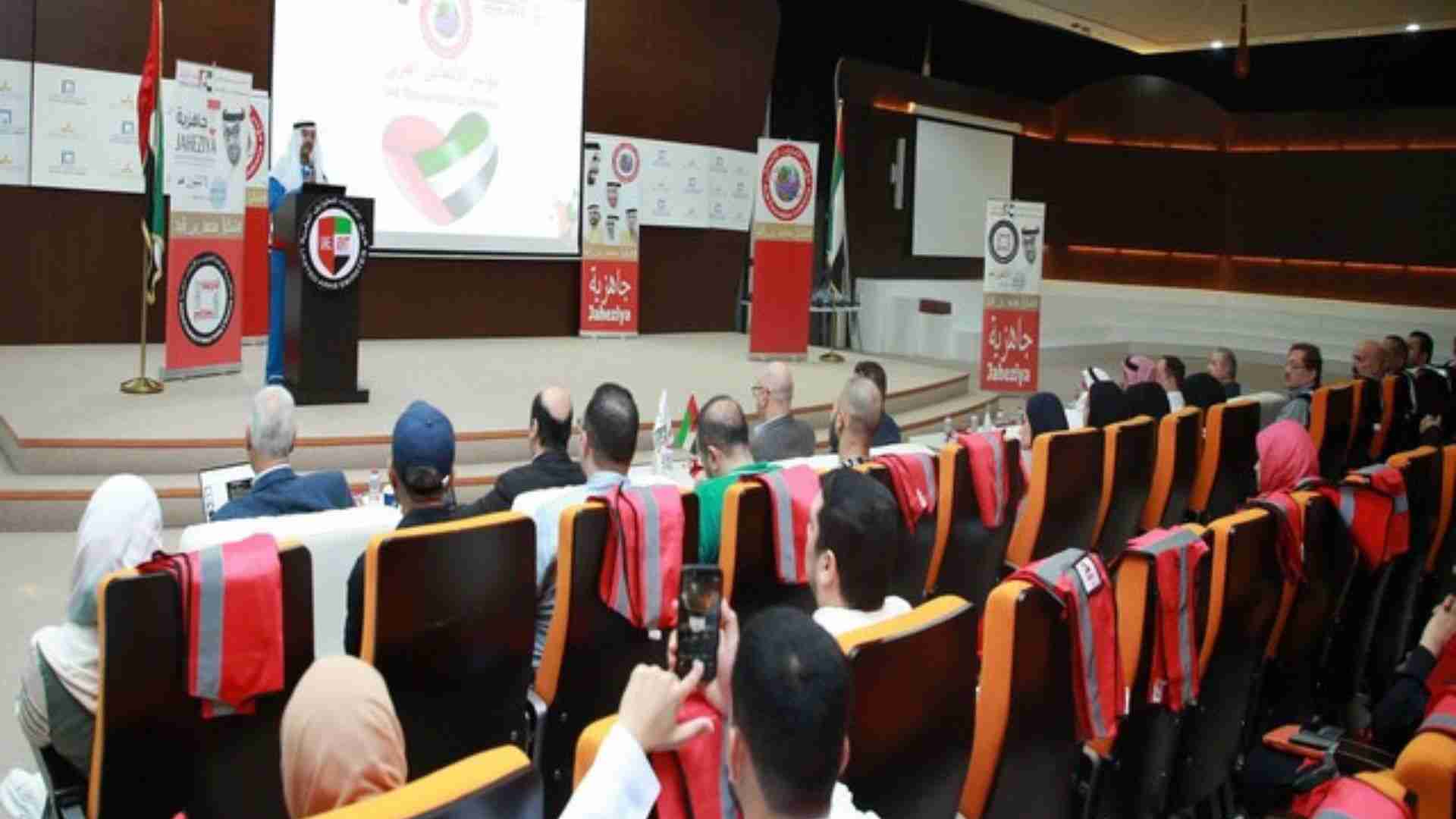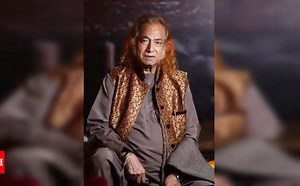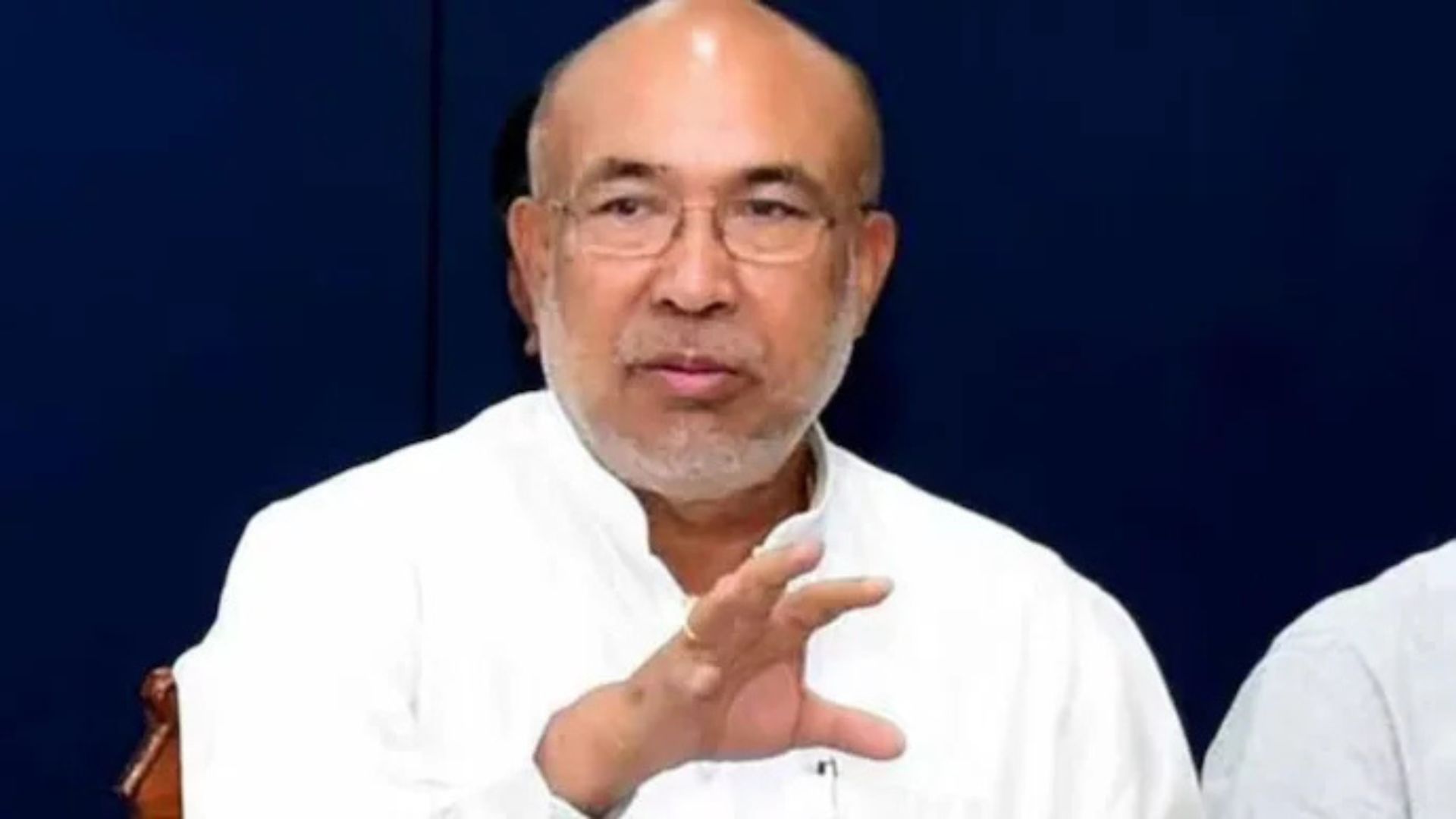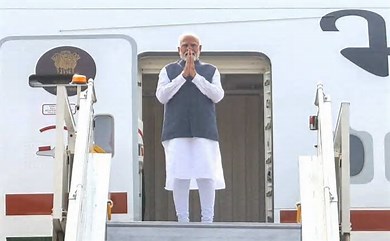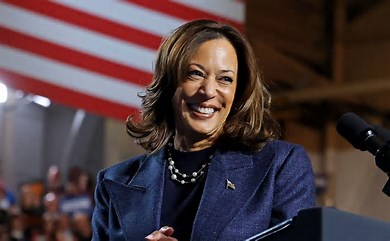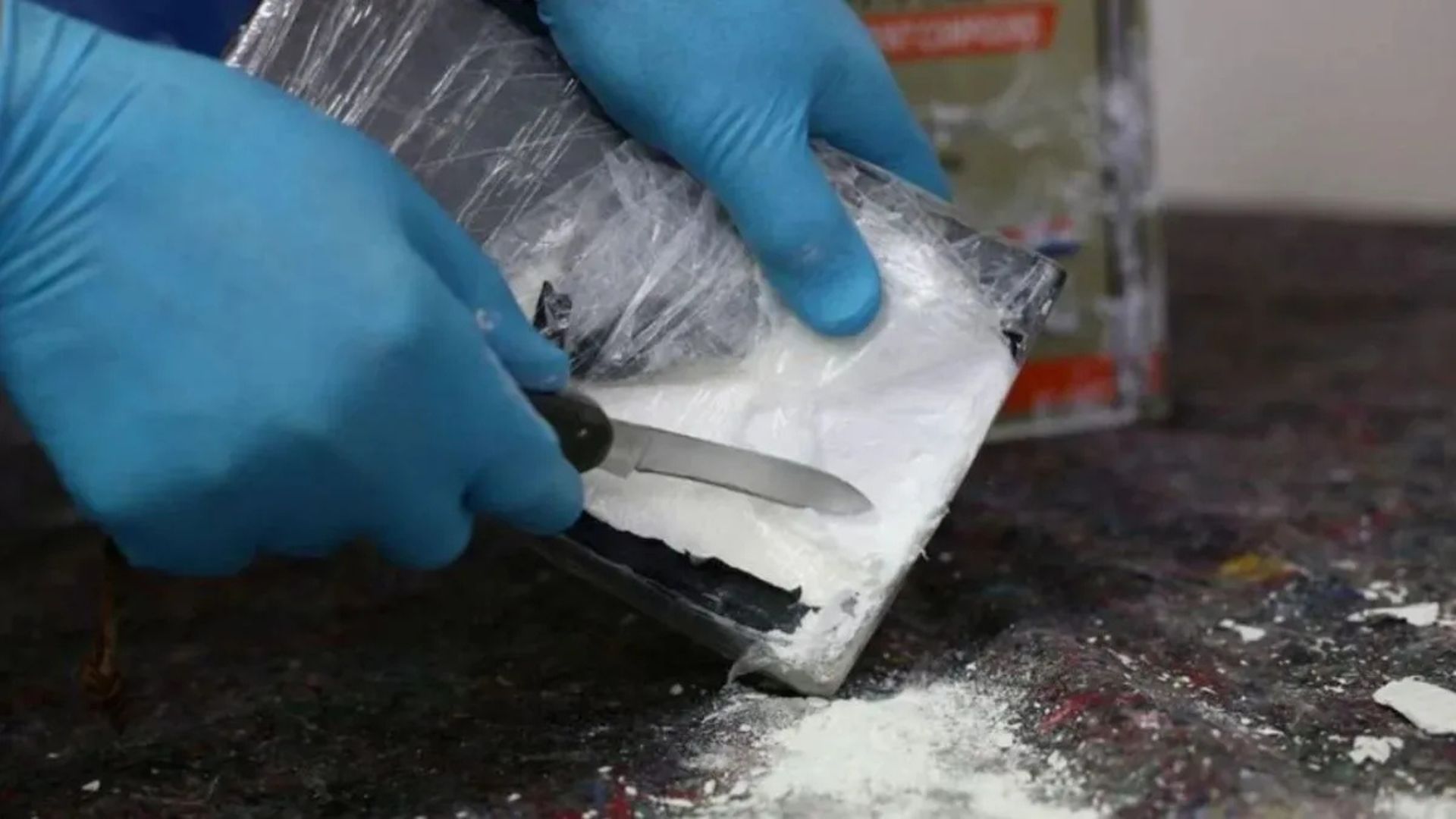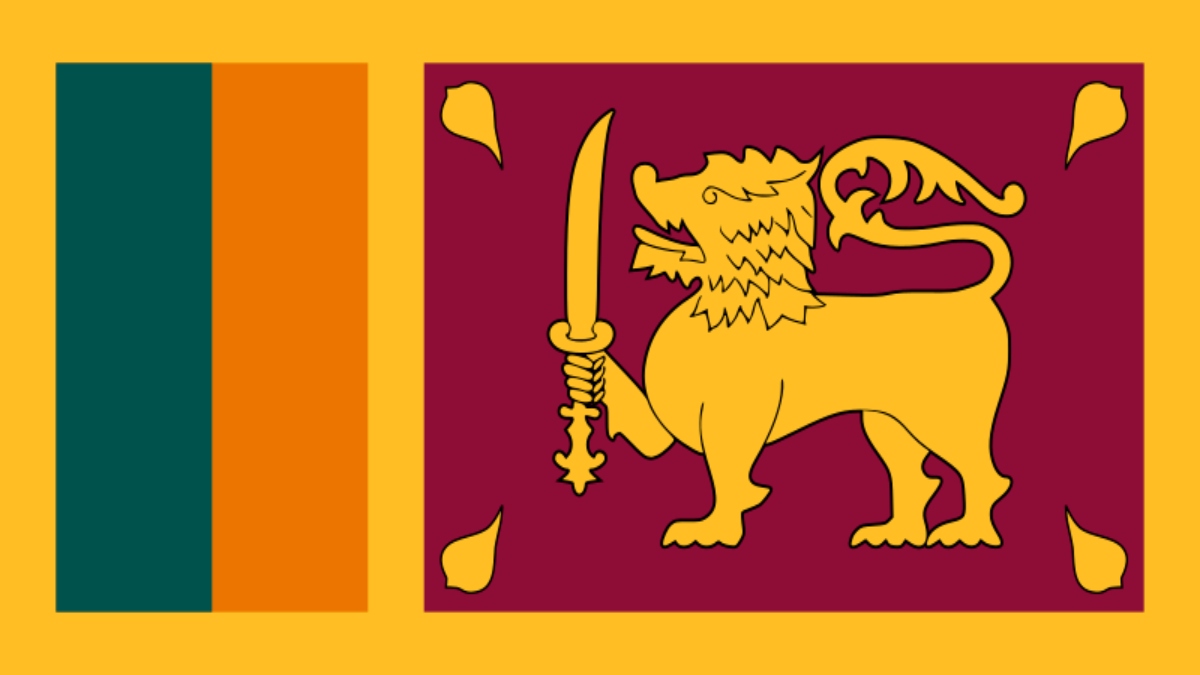
Sri Lanka is in turmoil, with irate mobs invading the Presidential palace in Colombo and setting on fire the Prime Minister’s private residence, fed up with the economic morass that the country has sunk into. At a time when even subsistence level income is not available, when 90% of the people have to skip at least one meal a day (according to the UN World Food Programme), when power cuts last for days, it takes three days of queuing up to fill a vehicle, when educational institutions are shut and hospitals run out of supplies of medicine and equipment, the anger at the mismanagement of the country by the government is understandable. In fact, it should not have taken a mob to make President Gotabaya Rajapaksa to promise to resign. He should have done it on his own even before Sri Lanka started defaulting on its loans. The Rajapaksa family is solely responsible for making their country go over the edge. In 2019, in spite of Mahinda Rajapaksa’s unpopularity—he had lost a Presidential election in 2015, just one of his many defeats—the people of Sri Lanka elected his younger brother Gotabaya as President as they saw in him an “outsider” from the military, who had a clean track record. However, once he came to power in 2019, Gotabaya appointed Mahinda as Prime Minister, leading to speculation that the reins of power were actually in the hands of Mahinda, since it was he who controlled the Rajapaksas’ political party. Ever since, a series of policy missteps and populism emptied Colombo’s coffers. The outbreak of Covid killed tourism, Lanka’s main revenue earner, aggravating the situation and resulting in the economy going belly-up. But even then the Rajapaksas were keen on clinging on to power. It took a major turmoil to make Mahinda resign, while at present, Gotabaya—who was once hugely popular—has fled his official residence and has promised to step down. The short two-month stint of Ranil Wickremesinghe as Prime Minister could not alleviate the situation and now he has fallen to misdirected ire—misdirected, because he was actually trying to bring in some changes and was upfront about the problems he faced and appealed to the people to be with him. But when lives are at stake, patience is bound to run thin, and now Wickremesinghe too stands rejected. The question now is: just as the Sri Lankans were unwilling to give Wickremesinghe a chance, what is the guarantee that they will give the next government—even if it is an all-party government—the opportunity to stabilize the situation, which is anyway a humungous task and may take years? This raises important questions for India too. New Delhi is proving to be a true friend of Sri Lanka, having already given Colombo around $3.5 billion, apart from sending huge consignments of fuel, food, grains, and other forms of humanitarian aid. But how long can India continue to prop up Lanka, without help from international institutions that are putting too many conditionalities on Colombo before bailing it out? The western world is focused on Ukraine, but Sri Lanka too is facing a massive humanitarian crisis, because starvation kills, just like bombs and missiles do. Hence, some attention to this island nation for the sake of its people is needed, as it risks descending into another civil war and becoming a security threat to the Indian Ocean region.
Amid this, India’s biggest worry should be China, which has got a stranglehold on Sri Lanka, and has contributed to its downfall by letting it fall into a debt trap. China has made its increasing presence felt in Sri Lanka by making it a part of the Belt and Road Initiative (BRI). It is not just the Chinese-built port of Hambantota that India is worried about, but also the Colombo Port City the Chinese are building, apart from the influence China has in several other sectors. These ports are anyway likely to serve as observation posts to keep an eye on India, but the fear of these ports eventually becoming naval security outposts for China too cannot be ruled out. The possibility of Sri Lanka getting dragged into Xi Jinping’s proposed Global Security Initiative—a security platform to counter Quad and AUKUS—too is there, if Beijing decides to bail out Lanka. Compared to India’s, Beijing’s pockets are much deeper. Hence, New Delhi needs to get a guarantee from Colombo that the days of balancing between India and China are over; that Sri Lanka cannot have India helping it, and then quickly slide into China’s lap once China decides to step in after the situation has stabilized to an extent. Without getting involved in government formation in Lanka, which is a sovereign country and must get the government it wants, India needs to gently lay down certain conditions which Sri Lanka needs to take care of.

